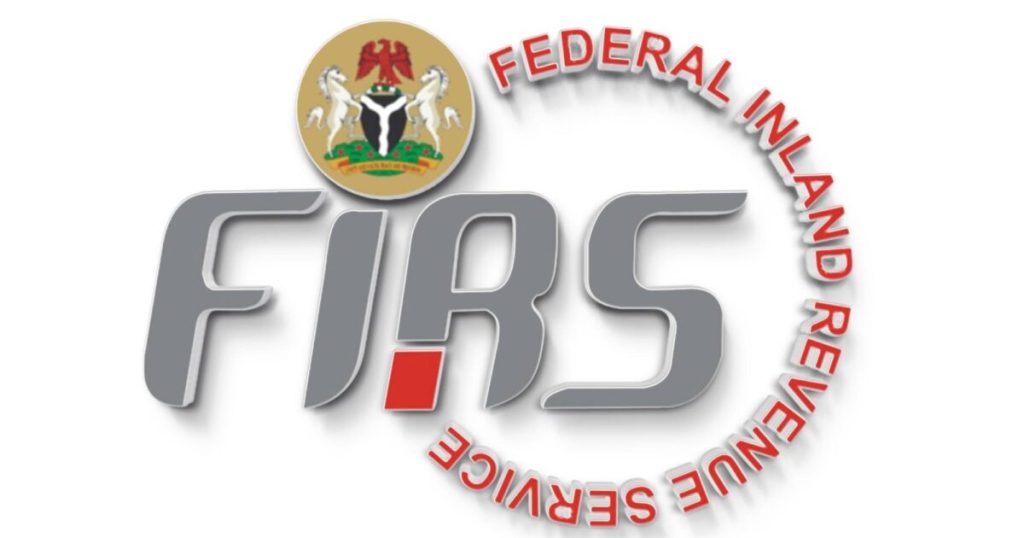Paragraph 1: Strengthening Tax Information Confidentiality
The Nigerian government has enacted new legislation to bolster the confidentiality of tax-related information. This move is part of a broader strategy to protect sensitive government data and enhance the integrity of state institutions. The new tax act, which renames the Federal Inland Revenue Service (FIRS) to the Nigeria Revenue Service by January 2026, criminalizes the unauthorized disclosure of internal FIRS documents, communications, and data. This measure aims to curb the leakage of sensitive information, which officials believe poses a threat to national security and undermines institutional reforms.
Paragraph 2: Penalties for Unauthorized Disclosure
The newly implemented legislation outlines significant penalties for individuals who violate the confidentiality provisions. Anyone found guilty of leaking, attempting to leak, or disclosing internal FIRS documents or communications could face a fine of up to N5 million, imprisonment for up to three years, or both. The act explicitly designates all internal FIRS documents, communications, memos, and institutional information as confidential, restricting their use solely to tax-related purposes and legal proceedings.
Paragraph 3: Confidentiality Obligations and Permitted Disclosures
The Act imposes strict confidentiality obligations on all individuals involved in the administration of the tax system. Any information pertaining to a taxpayer’s business, assets, liabilities, profits, or income must be treated as strictly confidential. The legislation permits disclosure only under specific circumstances: when ordered by a court, authorized by the FIRS, or necessary for enforcing tax laws within Nigeria or under a tax treaty. This emphasizes the government’s commitment to protecting taxpayer information while ensuring compliance with tax regulations.
Paragraph 4: Legal Protections for FIRS and its Personnel
The Act provides significant legal protections for FIRS employees and the organization itself. It prohibits compelling FIRS personnel or documents for disclosure in non-tax-related proceedings, further reinforcing the institutional secrecy surrounding the tax apparatus. However, the legislation allows for the exchange of information with foreign governments with which Nigeria has active tax treaties or agreements, facilitating international cooperation on tax matters.
Paragraph 5: Limitations on Legal Actions and Application of Existing Laws
The Act introduces limitations on legal actions against the FIRS and its personnel. Any legal action arising from acts performed under the Act must be filed within three months of the incident or six months in the case of continuing injury or damage. This provision is likely intended to discourage frivolous lawsuits and protect tax officials from undue legal harassment. The Act also invokes the Public Officers Protection Act, shielding tax officials from litigation for actions carried out in the course of public duty, unless those actions are deemed unlawful.
Paragraph 6: Broader Context and Potential Implications
The new legislation reflects the Nigerian government’s broader efforts to reform the tax system through digitalization, data-driven enforcement, and enhanced administrative insulation. While no official explanation has been provided for these specific measures, analysts suggest they are linked to a broader crackdown on leaks and data breaches. These breaches have previously hampered institutional reforms and undermined public trust. Although the measures aim to protect sensitive information, critics argue they could potentially stifle whistleblowing and transparency if not carefully balanced with accountability safeguards. It remains crucial to monitor the implementation of these provisions to ensure they do not unduly restrict legitimate public access to information or impede efforts to hold public officials accountable.














